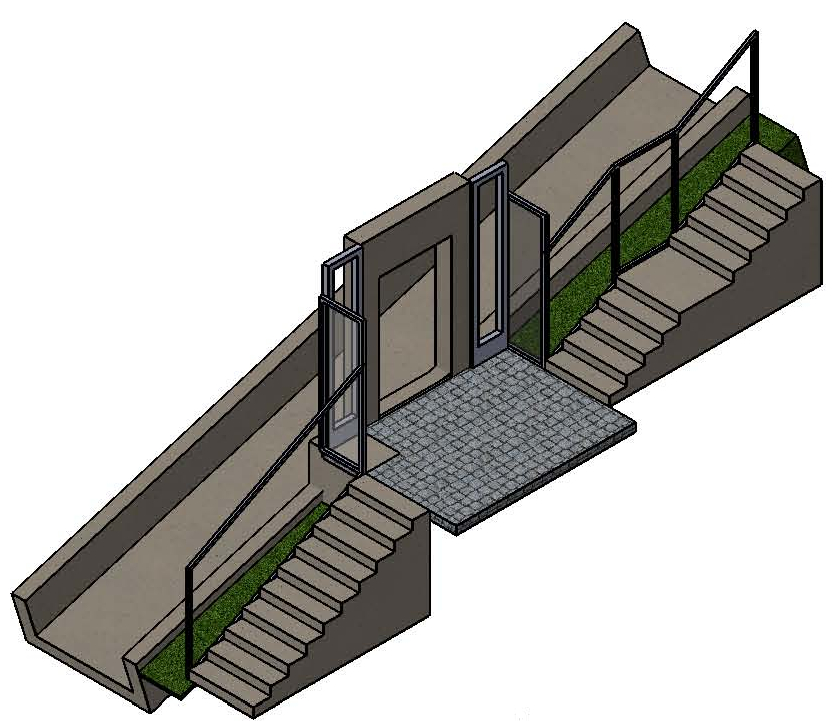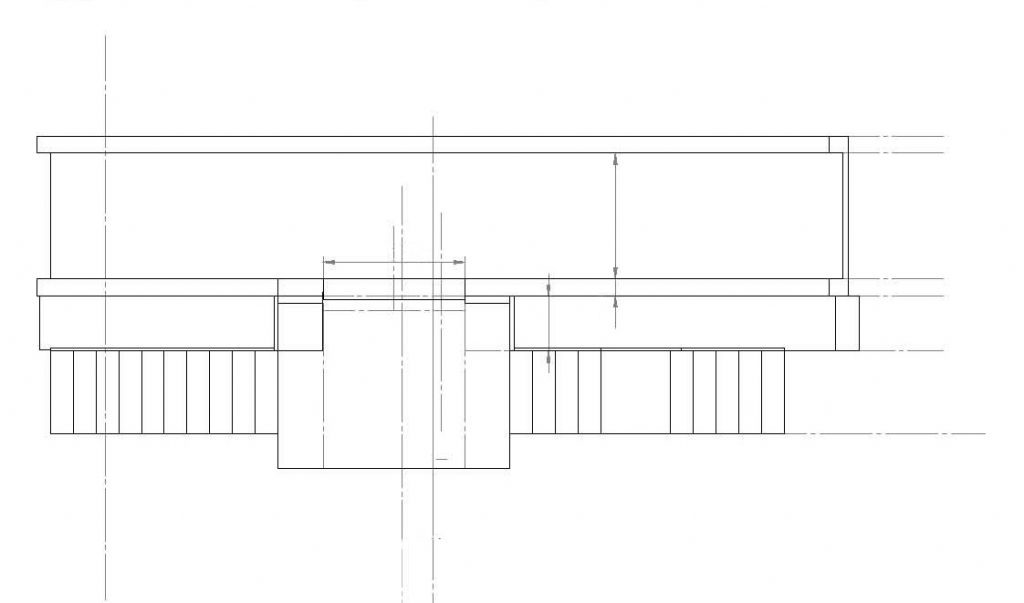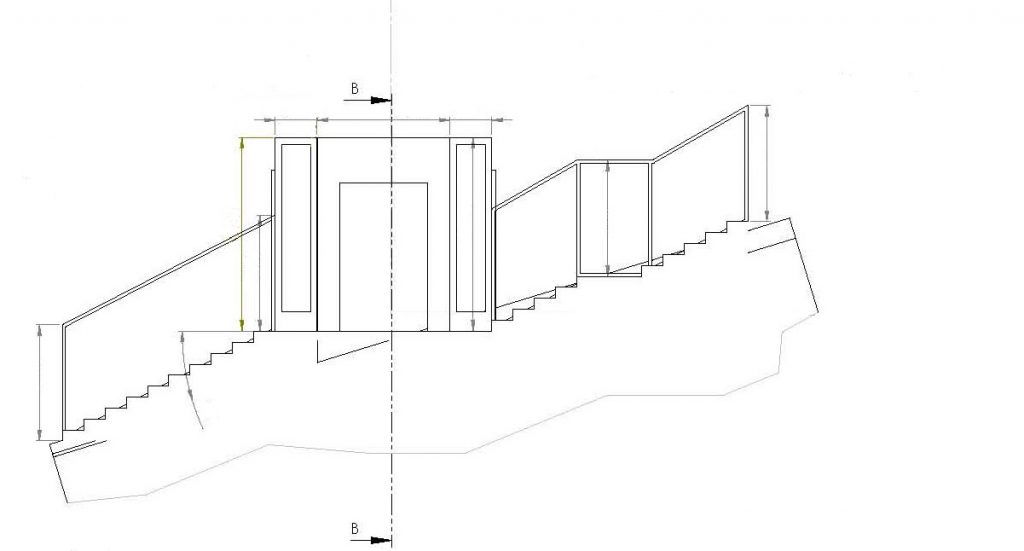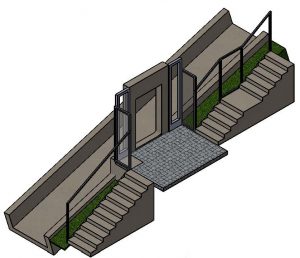Legislation requirements
Majority of Inclined lifts are under same legislation as normal lifts and fall under 2014/33/EU Directive. Inclined lifts should be inspected in accordance to 2014/33/EU requirements and have CE marking.
Inclined lifts should be registered and maintained in pre-defined time intervals.
Many existing installations of inclined lifts have not been tested or assessed to the requirements of national (and EU…) legislation. The risk for the owners of the installations is very high due to real existing safety risks and hazards, customer complaints, interrupted operation etc
The main features of inclined elevators.
Inclined Lifts consist in principle of the same structural elements as in conventional vertical elevators.
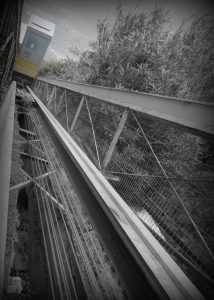
Of course… there are also many important factors that affect functional safety of inclined lifts.
Usually they are installed outdoors and they are exposed in all extreme weather conditions such as snow, rains, strong winds, sun and heat, sea salt etc
Panoramic cars of inclined lifts should be impact-resistant and maintain a comfort level and safety of the passengers in any case, such as normal operation but also in emergency situations.
Protection and proper construction of the liftway and landings are also important for the safety of passengers.
Environmental protection (fire, oil leakages etc) are also factors that need to be considered in all stages.
Many existing installations of inclined lifts have not been tested or assessed to the requirements of national legislation. The risk for the owners of the installations is very high due to real existing safety risks and hazards, customer complains, interrupted operation etc
EVIOCONTROL experts can offer a design verification fully compliant to the requirements of any installation.
EVIOCONTROL experts may be present from the very beginning of design to the final installation, to verify design of the installation in all construction phases.
EVIOCONTROL offers Inspection & certification services for all types of inclined lifts.
